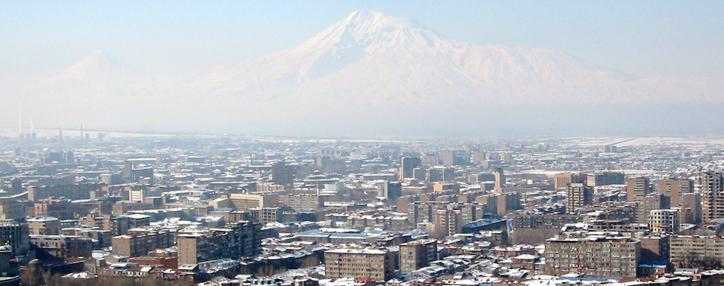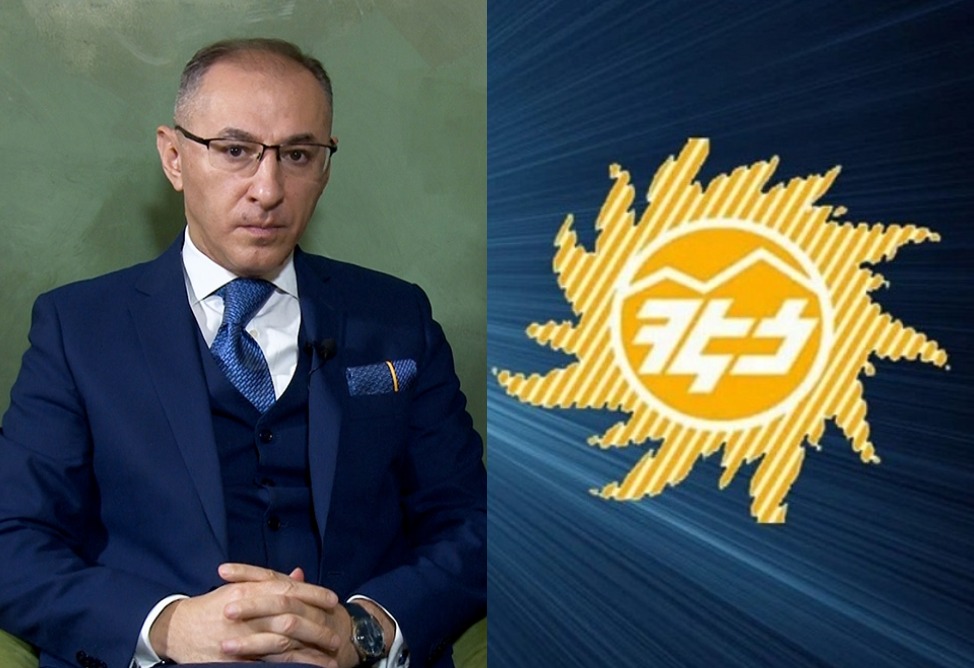Absence of political censorship in Armenia’s elections sets example for other countries of South Caucasus
04.05.2012,
17:55
Absence of political censorship in the current parliamentary elections in Armenia sets an example for other countries of the South Caucasus, Mateusz Piskorski, an international observer and the head of European Centre of Geopolitical Analysis, said presenting a provisional report at a news conference on Thursday.

YEREVAN, May 4. /ARKA/. Absence of political censorship in the current parliamentary elections in Armenia sets an example for other countries of the South Caucasus, Mateusz Piskorski, an international observer and the head of European Centre of Geopolitical Analysis, said presenting a provisional report at a news conference on Thursday.
He described this as a considerable progress in Armenia. The mission of the International Center for Electoral Systems has concluded that the local media provided comprehensive coverage of all political forces’ campaigns.
Piskorski said this makes Armenia’s media different from those of other countries of the South-Caucasian region.
International observers, he said, still noticed that many media outlets were biased, but publishers have a right to do so.
The International Center for Electoral Systems is a nongovernmental organization established in 2005 by a group of high-qualified specialists in law, political science, diplomacy and sociology from the United States, the Great Britain, the Netherlands, Germany and Israel.
The mission consists of 20 independent experts from eight EU countries as well as the United States and Israel.
Eight parties and one party bloc are now campaigning for seats in the parliament.
Republican Party of Armenia, Prosperous Armenia and Orinats Yerkir are members of the current ruling coalition.
Armenian Revolutionary Federation Dashnaktsutiun, Zharangutiun (joint list with Free Democrats party), Democratic Party of Armenia, Communist Party of Armenia and United Armenians party as well as Armenian National Congress bloc are struggling for membership in the National Assembly.
The polling day is May 6.
Today’s discussion was organized by the Civilitas Foundation under support from USAID and Armenian Office of Counterpart International. -0---



